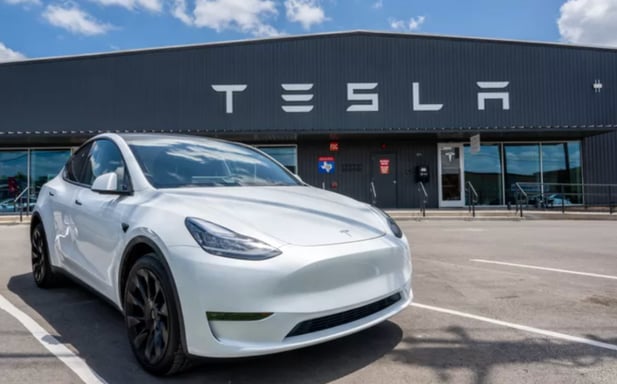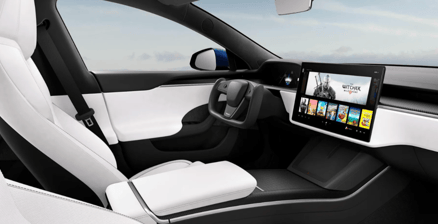The Power of Buyer Psychology: How The Buyer Decision Process Comes In Play
Let Tesla Inspire You
3/5/20242 min read


When it comes to buyer psychology, understanding how consumers think, feel, and perceive products is crucial for crafting effective marketing plans that resonate with their needs and desires. Businesses can gain invaluable insights into the buyer decision process once they fully understand consumer behavior, ultimately leading them to more successful marketing campaigns and increased sales. One company that exemplifies how this understanding can shape successful marketing campaigns is Tesla.
Tesla, an innovative electric car manufacturer led by visionary entrepreneur Elon Musk, has revolutionized the automotive industry through its unique understanding of buyer psychology. Tesla's success can be attributed not only to its groundbreaking technology but also to its marketing strategies that tap into consumer emotions and perceptions. At the core of Tesla's marketing philosophy lies a comprehensive understanding of the buyer decision process. Tesla recognizes that each of these stages is influenced by psychological factors such as perceptions, motivations, attitudes, and beliefs.
Need Recognition Stage
Tesla triggers the need recognition phase by tapping into consumers' growing concerns about environmental sustainability and climate change. By positioning its electric vehicles as a solution to these pressing issues, Tesla creates a sense of urgency and relevance among potential buyers.
Information Search Stage
During the information search stage, Tesla employs various marketing channels to provide consumers with comprehensive information about its products. Through sleek advertising campaigns, informative websites, and engaging social media content, Tesla ensures that consumers have access to all the necessary information to make informed decisions.
Evaluation Stage
Moving on to the evaluation stage, Tesla distinguishes itself from traditional automakers by highlighting the superior performance, technology, and design of its electric vehicles. Features such as long-range capabilities, interior design, and self-driving technology appeal to consumers' desires for innovation and luxury, influencing their evaluation of Tesla's offerings.
Purchase Decision Stage
When it comes to this stage, Tesla strategically utilizes psychological principles such as social proof and scarcity to motivate consumers to take action. Limited-time offers, referral programs, and exclusive events create a sense of exclusivity and urgency, compelling consumers to make a purchase.
Post-Purchase Evaluation Stage
Lastly, Tesla prioritizes delivering exceptional customer experiences to reinforce positive perceptions and encourage repeat purchases. Personalized communication, responsive customer service, and continuous product improvements foster long-term relationships with customers, turning them into brand advocates.
In essence, having a deep understanding of buyer psychology empowers companies, such as Tesla, to successfully create marketing strategies that authentically connect with consumers at every stage of their purchasing experience. By leveraging psychological insights, businesses can spark consumer engagement, foster loyalty, and thrive in today's dynamic and competitive market environment. Incorporating these strategies into your brand could pave the way for similar success as seen with Tesla, propelling your business to new heights of achievement and recognition. Who knows, maybe you’ll be the next Elon Musk.


